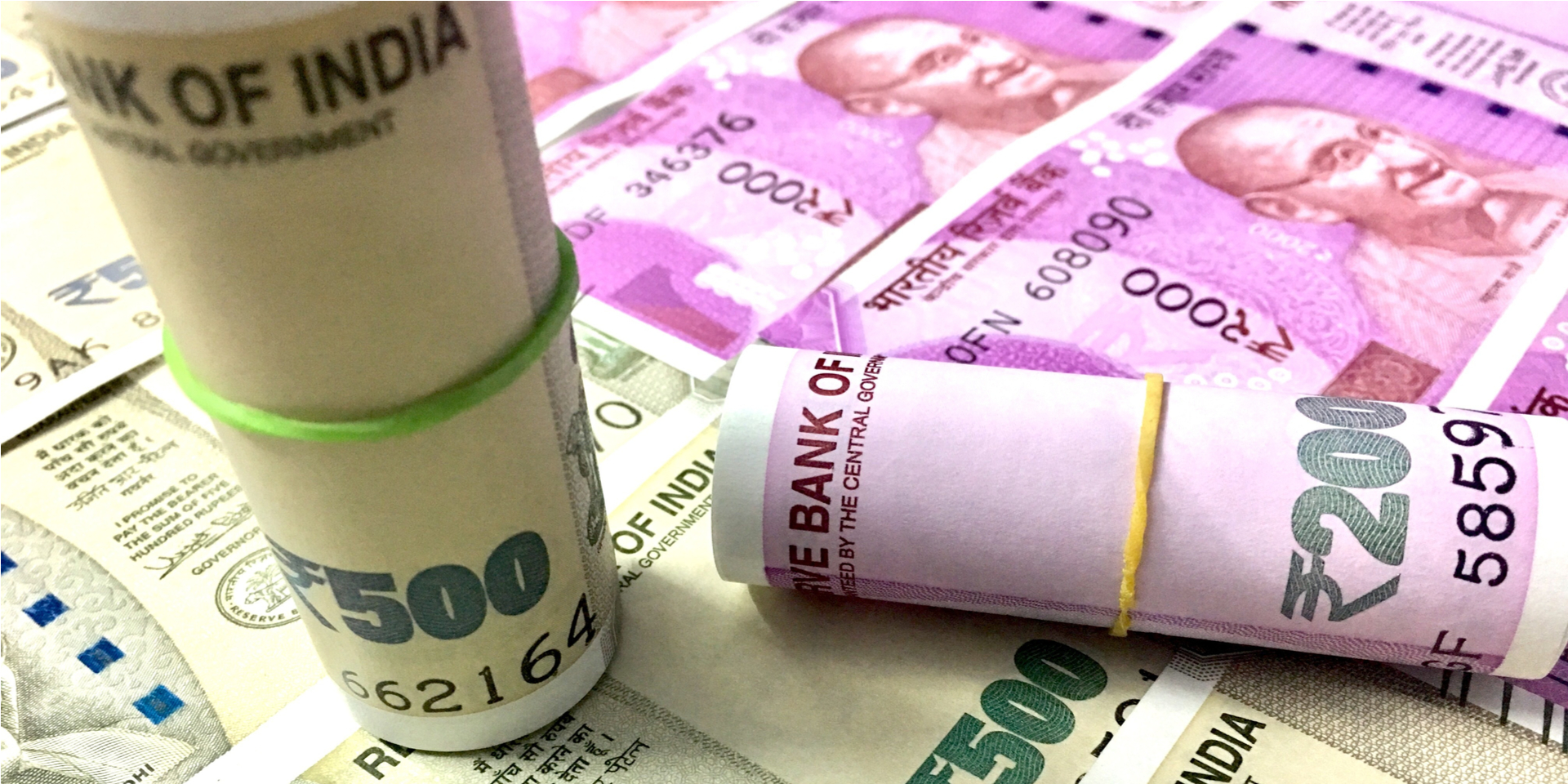In a written reply to parliamentary committee on economic affairs, Reserve Bank of India (RBI) has admitted that it received an “instruction” from government of India for demonetisation and subsequently it acted upon it. Obviously this is an infringement of RBI’s autonomy since it is not expected to be a puppet of the government. It did become nevertheless. The impunity with which every democratic, autonomous institution in the country is being crushed under the roughshod of the present government, this was inevitable.
Among those who have raised a voice against this is Y.V. Reddy, former governor of RBI. In an interview to a financial TV channel yesterday, he came down heavily upon what he called a “severe credibility crisis” for RBI which could have far reaching international repercussions. Reddy’s comments are not so easy to belittle given the prognosis of disastrous implications of demonetisation by many international publications such as Wall Street Journal and Financial Times, London. I wish to share a little more about Reddy for the benefit of those ignorant who may think of him as just yet another former governor. Reddy is not some shady trader in Manish Market. He was governor of RBI during 2003 to 2008. He completed his post graduation and an additional degree in economics from Netherlands. He has been a director of International Monetary Fund, been a chairman of International Bank of Settlements. He has worked in different capacities with governments of Myanmar, Russia, China and Nepal. Reddy is currently a visiting professor at London School of Economics, that Mecca of economic studies in the world.
Unlike those self righteous spokesmen of ruling party omnipresent of TV channels these days, Reddy said in his academic sobriety that at no point of time in its 85 years of history, RBI was subjected to such subservience by any government. The casualty is autonomy and ergo credibility for which Indian economy would pay a heavy price sooner or later. The sanctity of autonomy and credibility of a central bank is very high since its prime role is to determine the monetary policy and save the country from any financial anarchy, the way defence forces protect the country from external aggression. Explaining the basic faults with demonetisation to rid the country of black money, Reddy said, bribe giver and bribe taker are both equal culprits in generation of black money. Declaring the giver – common man – as villain and letting the other one – administration – go Scot free, is illogical. Demonetisation was therefore never a panacea for unearthing black money. Reddy pointed out that till now, RBI governor has his freedom to choose his deputies and no government tampered with it. In 2016, Modi has appointed a committee under the chairmanship of cabinet secretary (who may not necessarily be an economist) and governor of RBI is only a member of this committee. I think no more comments are required to further discuss this point.
Since I expect a large number of Maharashtrians to read this, here is something more interesting from the archives of RBI. It was formed in 1935 as per the recommendations of Hilton Young Committee and soon its headquarters was shifted to Mumbai. Perhaps it was symbolic that this was a separate and independent entity from the rulers in Delhi. After the Britishers Osborne Smith and James Braid Taylor, the first Indian to be governor of RBI was C.D. Deshmukh. Since then, K.G. Ambegaonkar and B. N. Adarkar, two eminent economists have occupied this high office among many others. For the time being, let us just pay our respect to their memory and pray that their souls rest in peace!
– Dr. Jitendra Awhad

